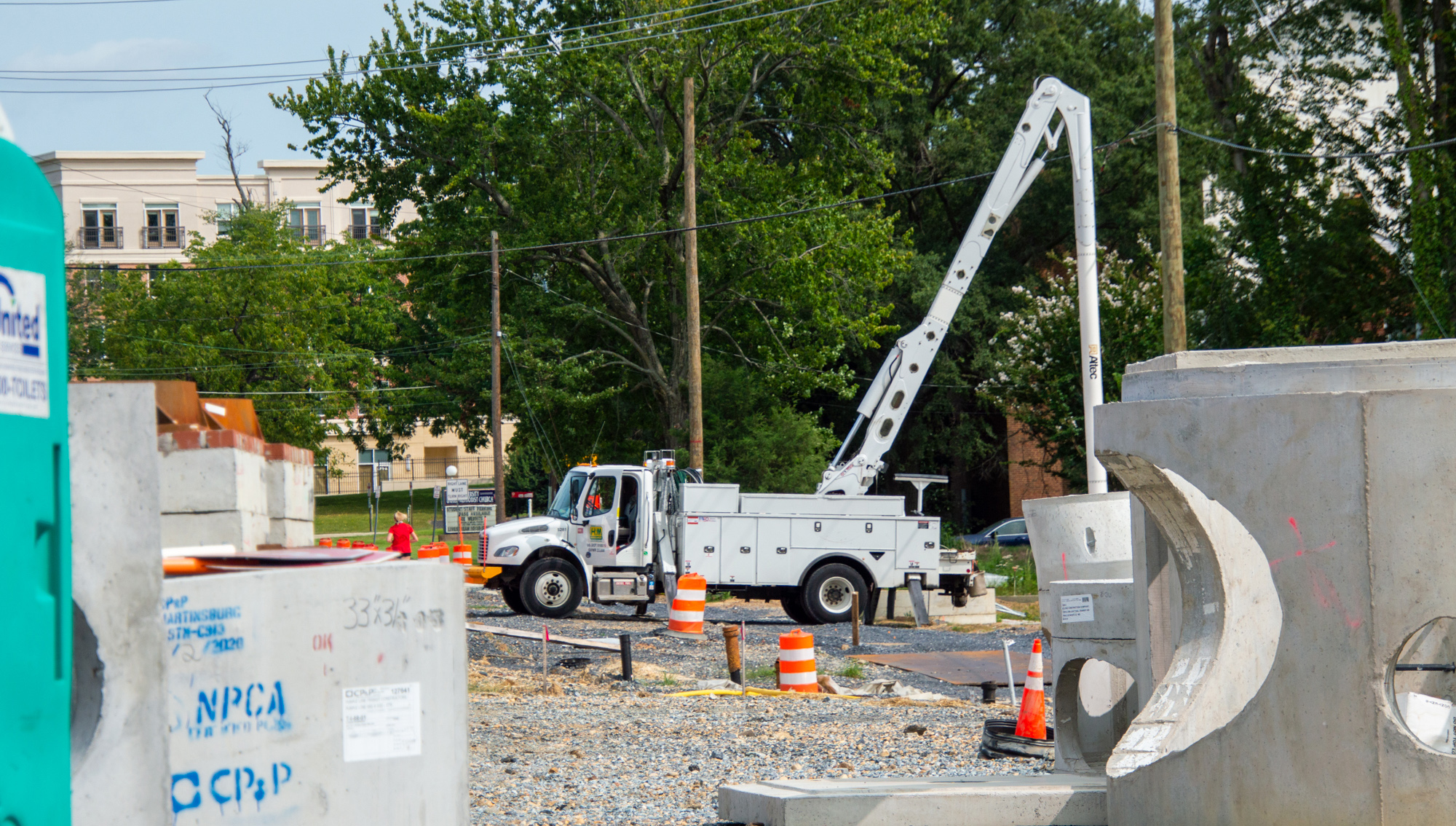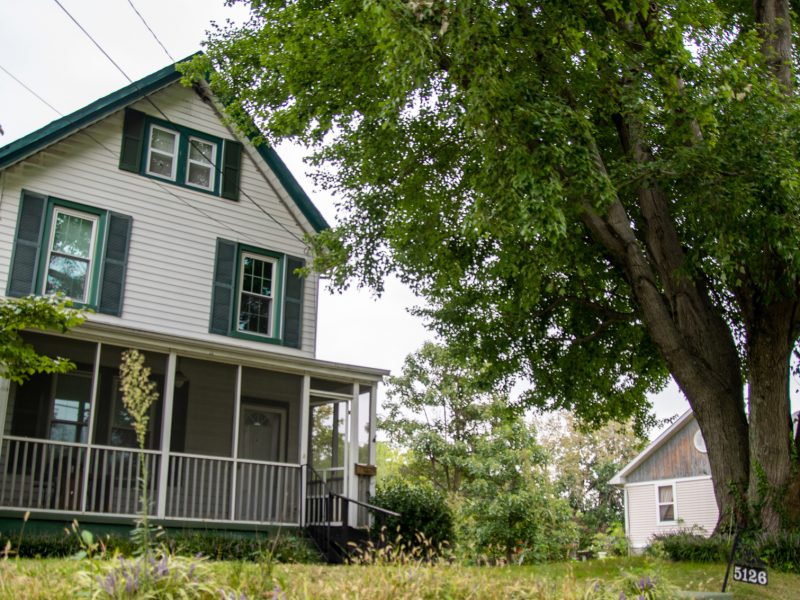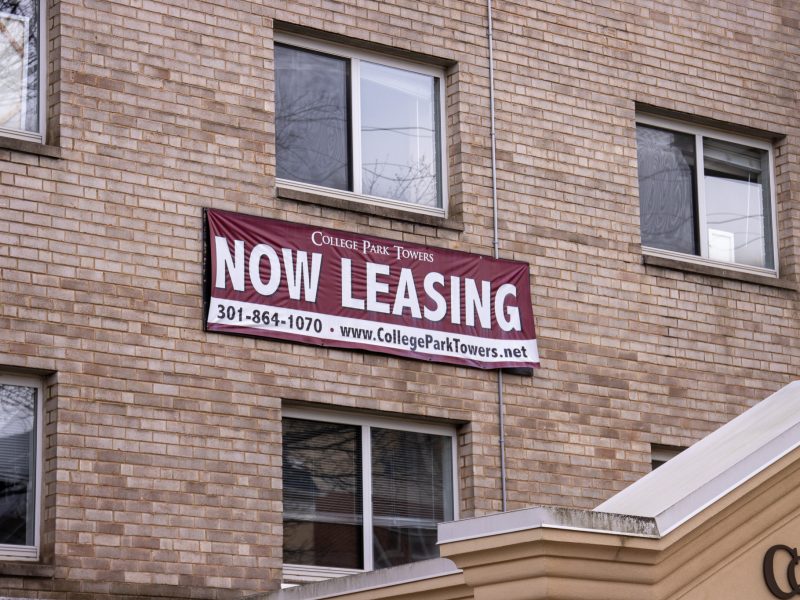A Baltimore judge ruled last week that Purple Line contractors would be allowed to quit managing the transit project after lengthy disputes over $800 million in unpaid cost overruns.
Purple Line Transit Partners, the concessionaire managing the construction, is in a $5.6 billion public-private partnership with the state. The Maryland Transit Administration will determine its plans for moving forward within 30 days of the ruling. If a settlement is not reached, MTA will have to find another way to finish the Purple Line.
This could mean the Maryland Department of Transportation has to divert money from other state transit services to cover the incurred costs.
Administrator Kevin Quinn told the Montgomery County Council Tuesday the department’s priority is to deliver the project for the residents of Prince George’s and Montgomery counties.
“While we disagree with the concessionaire’s assertions, we’re not going to let their claims and things distract us from getting the job done,” he said.
The 16-mile light rail line is set to extend from Bethesda in Montgomery County to New Carrollton in Prince George’s County. MTA planned to open the first six stops in Prince George’s County in 2022 and the remaining 15 in 2023.
“The state does remain open to a fair and reasonable settlement … but it has to show that we’re going to have a good partner for the next 30 years,” Quinn said. “This is a long-term commitment. This is a marriage.”
During the council session, MTA officials said the future of the Purple Line lies in the next 30 days. In a statement provided by PLTP spokesperson John Undeland, the partners expressed regret the conflicts needed to be litigated and emphasized that they remain open to an “equitable” settlement.
“After four years of negotiations on issues over which we had no control and to which the Maryland Transit Administration provided no meaningful relief, we reluctantly moved to terminate our P3 Agreement,” Undeland wrote in the statement. “We appreciate the court has confirmed our notice of termination was valid.”
[College Park farmers market vendors adjust to COVID-19 restrictions]
Some Purple Line advocates are focused on ensuring the project’s eventual completion, which will allow local communities to benefit from the expanded public transportation.
“[Businesses] have the promise of future customers, but in [the] present are going to have a really rough time,” said Greg Sanders, the vice president Purple Line NOW.
Sanders said there have been rough setbacks in the past, but this one can only be resolved swiftly by Gov. Larry Hogan getting more involved.
But Nick Brand, the treasurer of the Action Committee for Transit, views the complications simply as hiccups. He’s still optimistic the Purple Line will be built and foster community development.
“It’s not uncommon for that kind of thing to happen with other projects,” Brand said. “It’s an issue with big projects because you run into things that you didn’t anticipate.”
Brand, a retired transportation planner, said he has seen similar delays in other projects, such as the Silver Spring Transit Center, which was more expensive and finished years later than expected.
And, he said, the Purple Line is past the point at which it could be abandoned.
“Do you want to spend hundreds of millions of dollars undoing what you’ve done? Or do you want to spend hundreds of millions of dollars finishing the job?” Brand said.
[Demand soars for Meals on Wheels, College Park Community Food Bank amid COVID-19]



